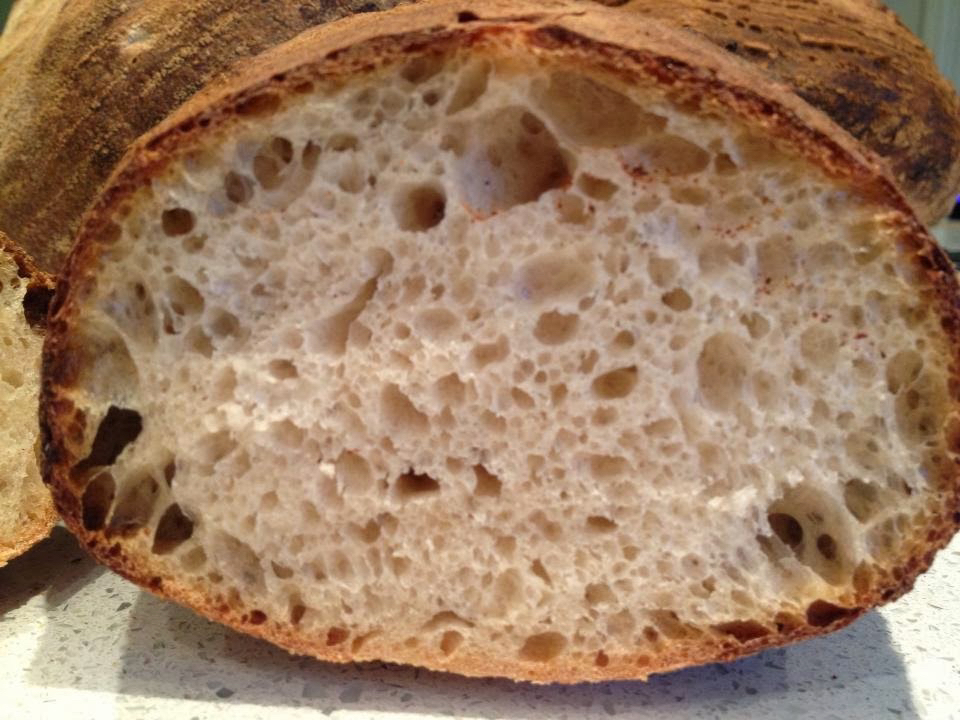f you add anything but salt to butter, you have to call it something else (Willow, Olivio, etc); if you add anything at all to milk, it’s no longer milk.
So the same should apply to bread! Manufactured bread involves the use of processing aids, artificial additives, flour ‘improvers’, dough conditioners, preservatives, chemical leavening or, well, anything artificial.
E481 (sodium stearoyl-2-lactylate), E472e (mono- and diacetyl tartaric acid esters of mono- and diglycerides of fatty acids), E920 (l-cysteine), E282 (calcium propionate), E220 (potassium sorbate), E300 (ascorbic acid), E260 (acetic acid) soya flour, vegetable fat and dextrose are just some of the other things that you might find in an industrial loaf.What’s more, its production also could have substances including phospholipase, fungal alpha amylase, transglutaminase, xylanase, maltogenic amylase, hemicellulase, oxidase, peptidase and protease but legally, the manufacturer wouldn’t have to declare so on the label. These ingredients could easily be present in a wrapped/sliced factory loaf or one from a supermarket in-store bakery; in fact, in-store bakery loaves do not even have to give you an ingredients list on the label.
Mass produced loaves can also have extra fat and sugar that your body does not need.
Ask yourself one question; do you think that all of these extra additives benefit your health in any way at all??
I don’t think so. Which is why I choose to make my loaves without these intruders and all you are left with is an infinitely better tasting and healthier loaf.
